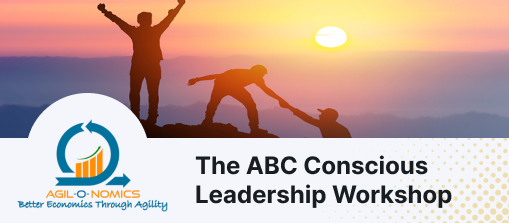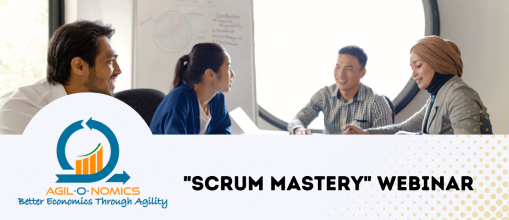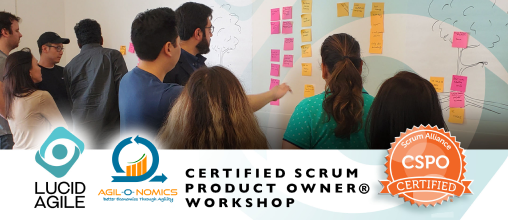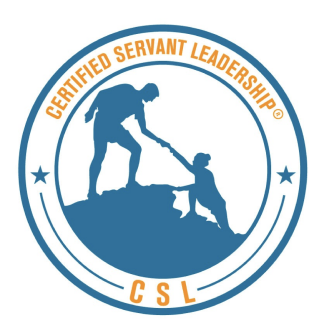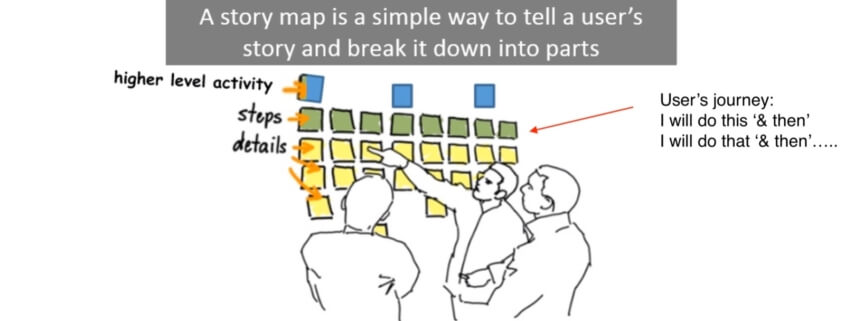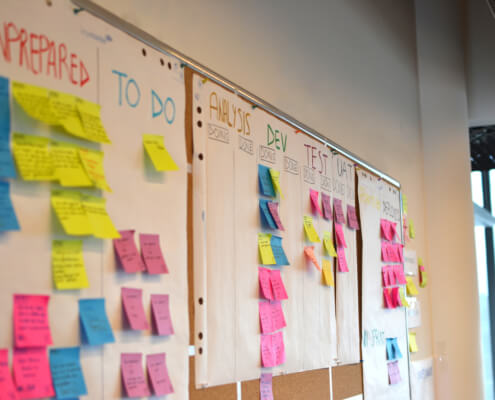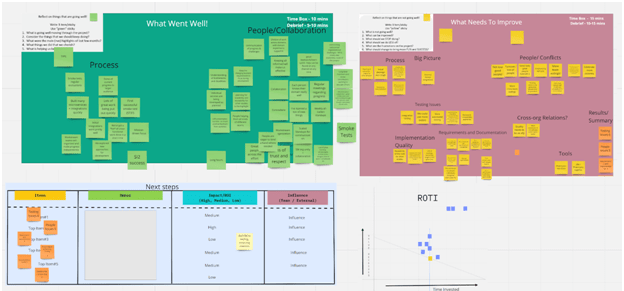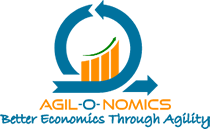
Having worked in the Agile space for many years, and having experimented with so many ideas including processes, tools and work dynamics between people, I’ve come to realize that although the tools are important, they are not enough by themselves in creating effectiveness at work. A lot of people in the corporate world think that getting a tool will make them more agile (or more effective).

This is a misconception. A lot of the time, executives at different companies have even told me things like “now that we have Jira installed, how soon can we be agile?”
At Agile conferences, companies set up booths to showcase their products to conference participants. It is very surprising to see how often they try to convince people visiting their booths to buy a particular tool, which will help their teams would grow significantly in their Agile journey. This is not true!
Even our own Agile Manifesto speaks about this through the first value: “Individuals and Interactions over Processes and Tools”. What does it mean? It means that success and failure are first and foremost about people. If you succeed with people, you will succeed with your products, projects and processes. However, if you fail with people, you will struggle with your products, projects and processes. You can see how such a concise yet deep statement helps bring clarity on where your primary focus should be. It is very much possible to have a great self organizing, empowered team with below average tools performing better, having higher levels of happiness and bringing greater value to the end users and customers than teams that boast of the best, state of the art tools but hardly understand what working as a team means.

Agile seems to thrive most in those teams who employ low-tech/high-touch tools. Examples would be a wall scrum board in your team space. Such tools radiate information (a.k.a. ‘Information Radiator tools’) creating high visibility and encouraging swarming and dialogue between team members. They are so visible that they speak volumes to the senior leaders and executives on the state of how the teams are doing. Compare these to digital tools (a.k.a. ‘Information Freezers’). They have all the information inside as in a freezer, similar to where you store food, but you only see them when you need them. However, the low-tech/high touch tools are easily accessible to you like items organized on your counter. They are highly visible and much more useful to Agile teams. I am not opposed to using digital tools, but relying solely on these tools can actually reduce Agility.
Another issue with these digital tools is that although they make you efficient, the efficiency comes at the cost of effectiveness. And there’s a difference between the two (efficiency vs. effectiveness). For example, in our olden days we used to do our backlog grooming and story writing on index cards and place them on the wall. We used only write enough index cards to describe the entire product, but only the cards at the top were described in detail (small enough to fit in the next sprint). These were the items of highest value going into the next sprint, and were the items that the team could fit within its capacity. All the cards below were large user stories, epics, and so on.
 These days you have digital tools such as Jira, VersionOne, Rally, etc. that help manage backlogs. Teams use these to write hundreds of stories without understanding the whole product. As a result, they lose sight of the big picture. A lot of time is wasted going into those stories and the teams work hard on creating outputs rather than focusing on outcomes. Do you see how effectiveness was compromised at the cost of efficiency? What is the benefit of working this way?
These days you have digital tools such as Jira, VersionOne, Rally, etc. that help manage backlogs. Teams use these to write hundreds of stories without understanding the whole product. As a result, they lose sight of the big picture. A lot of time is wasted going into those stories and the teams work hard on creating outputs rather than focusing on outcomes. Do you see how effectiveness was compromised at the cost of efficiency? What is the benefit of working this way?
None, really. Instead of working to deliver their stories or functionalities that are most valuable to the end user, that time is used in writing stories that might never be needed in the future. Additionally, loss of this time due to context switching is pure waste. It takes away time from delivering the current committed work to writing more stories for the future.
Wise agile teams that use digital tools should keep the basic foundations of Agile – the Agile Values and Principles, in mind. It will help bring a balance between the need for using only the right tools and the tendency of overusing those tools.
There are three aspects of tools:
- Understanding the need and acquiring the right tool to satisfy that need
- Understanding the correct usage of the tool that was acquired to satisfy needs
- Being aware of using the tool in a wrong manner and asking for support or help on how to use it wisely
What do I mean by the third aspect? Because these will be such times when the tool will be unable to satisfy your needs and waste your time in the process. I usually say “a fool with a tool will still be a fool unless they have been educated to understand the second aspect of using the right tool effectively”. Here is an example:

To round it up, be wise when it comes to using tools. Understand the need. Do your research to acquire the right tools. Get the right people to understand how the tool can help you satisfy your needs. It should involve training, coaching, experimenting, inspecting, and adapting, before you settle down.
How do you feel about using tools and their role in creating a more Agile team?
Amitabh (Amit) Sinha is a servant leader entrepreneur, visionary, mentor, trainer and coach. Amit is highly passionate about Agile, its principles, values, and the human side. Amit is a people champion and strives to bring out the best in his teams. Amit leverages his expertise in Agile, Scrum, Kanban and people skills to increase team effectiveness and happiness. See more






